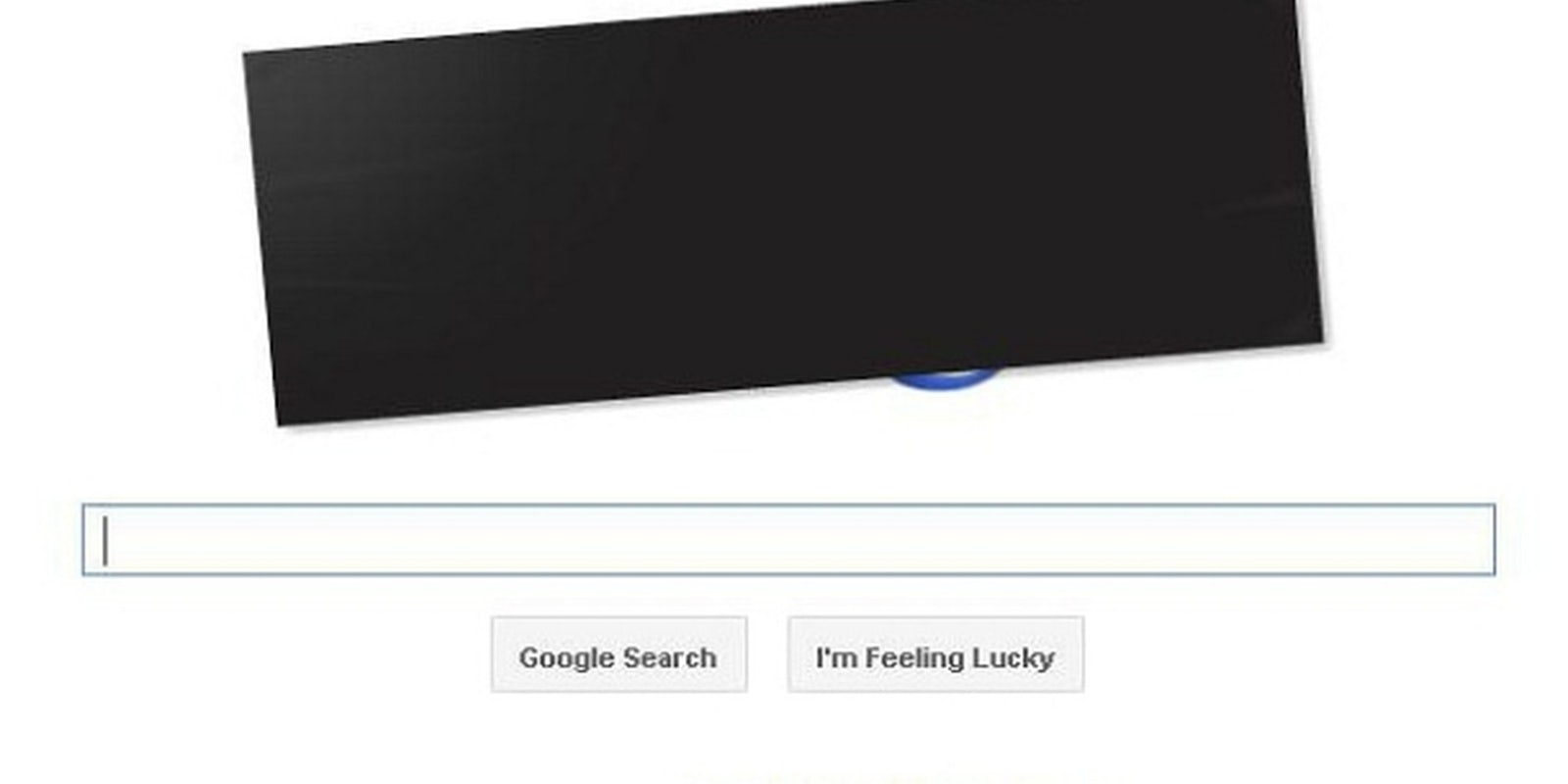Did you feel that slamming sensation? The Internet just got a little less open.
Google and Facebook have begun complying with court demands in India to block content from websites that may be considered politically or religiously offensive. The move stems from a law passed last year requiring companies to remove potentially offensive user-generated content within 36 hours of a complaint.
Neither Google nor Facebook have revealed which pages have been removed, though Reuters reports that a statement from Facebook is on the way.
Historically, Google has posted requests for removal of content to the Chilling Effects Clearinghouse, a website which catalogs cease-and-desist orders related to Internet censorship. Executives at Google and Facebook led recent protests against the Stop Online Piracy Act, proposed legislation in the United States which they said would lead to censorship in their home country.
The two Internet giants, along with Yahoo and Microsoft, have filed an appeal in a similar criminal case brought by a Delhi-based journalist where officials argued that posting blasphemous material on the Web could lead to riots.
No ruling has been made on that appeal, but according to the Times of India, Justice Suresh Kait of the Delhi high court warned last month that, “Like China, we too can block such websites.”
Facebook and Twitter are among sites currently blocked by the Chinese government.
According to the BBC, only about 10 percent of India’s 1.2 billion population is online, though that still makes it the third-biggest Internet market in the world, after China and the United States.
This is the second time in two weeks that country-specific censorship has made headlines. On January 28, Twitter announced that it would start censoring tweets on a country-by-country basis, a policy that journalist media theorist Jeff Jarvis referred to as a “slippery slope.” (Twitter had previously said it would comply with the censorship laws of countries in which it operates, but has not, to date, actually censored any tweets based on their content.)
